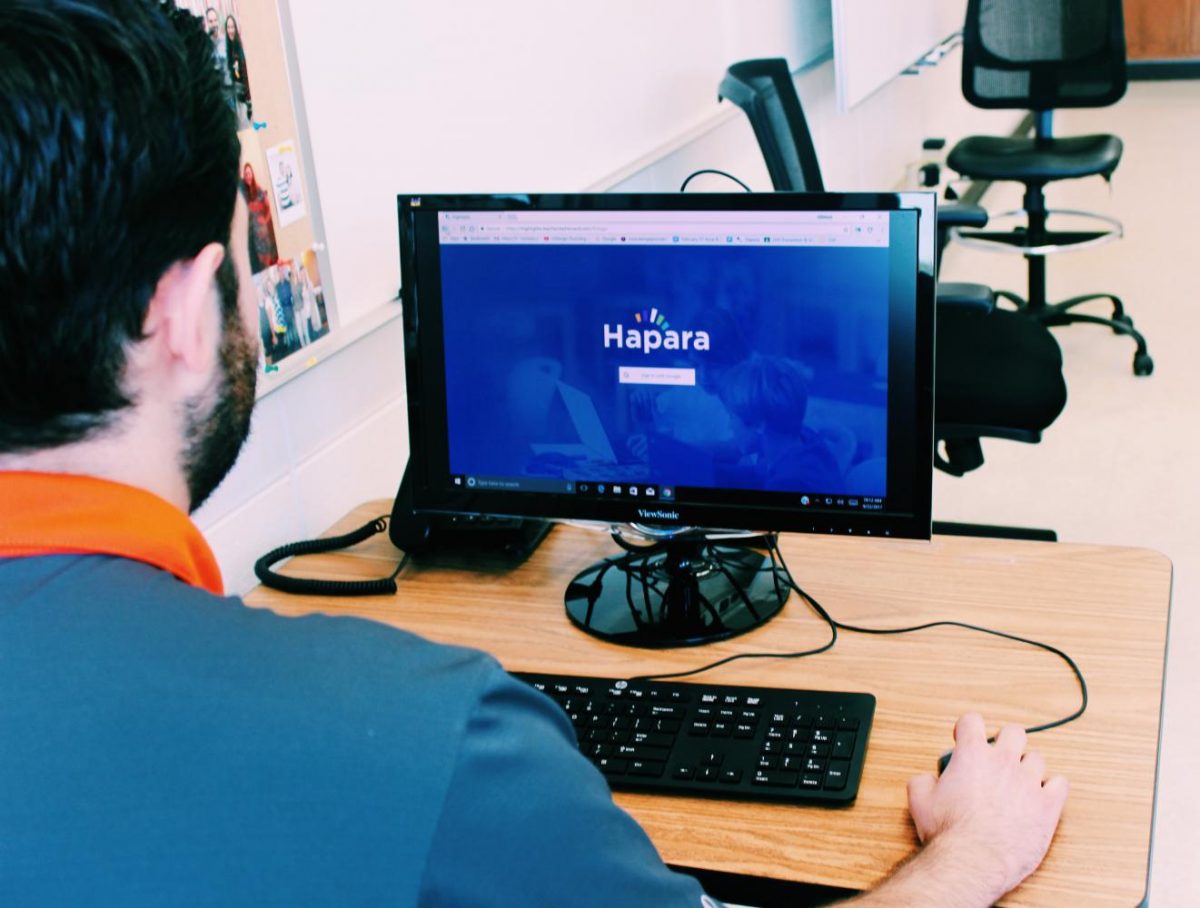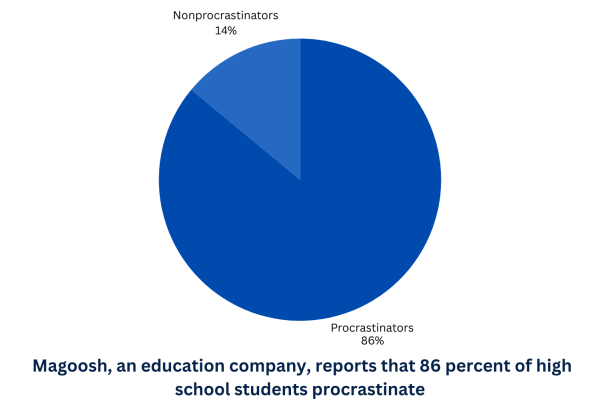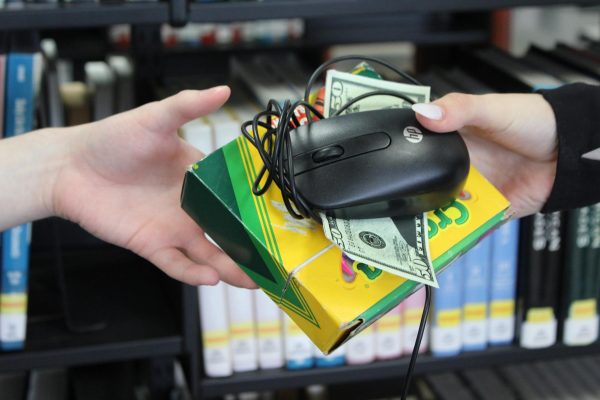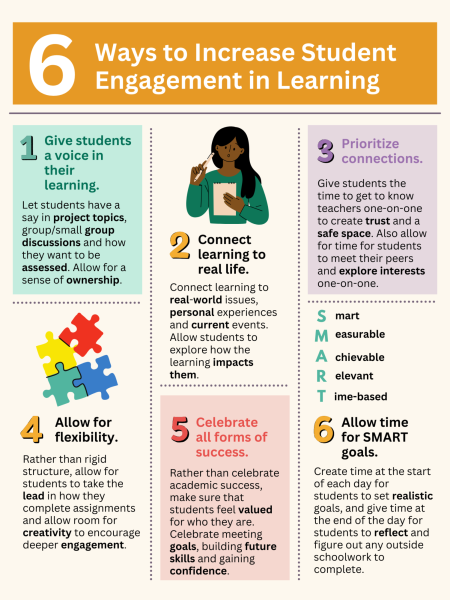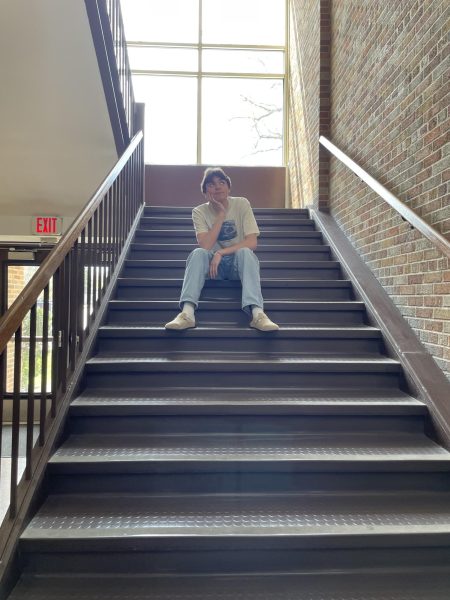All eyes on my screen
Teachers often use a program called Hapara to monitor highschoolers laptop screens.
In order to spy on students using their Chromebooks, teachers use an application called Hapara. Hapara allows teachers to view the websites that students are using and close out on any tabs they deem “off-topic.” The Hapara website emphasizes the visibility and feedback features of the program, which teachers can use to make learning easier for students. It also allows teachers to monitor students while taking tests online tests, which is important to supervise any cheating.
Teachers often use this program to make sure students are staying on task and are not abusing their class time. The purpose of this, on a surface level, seems like an acceptable and perhaps a good idea: students should stay on task with their work.
But the problem lies when teachers start to abuse this power.
High schoolers usually range from ages 14-18. It’s fair to say that students who are legally adults and can legally smoke, vote and risk their lives fighting in the military should be able to decide whether or not they want to participate in class. Even students who are 14 should choose if they want to stay on task. It is that student’s grade, not anyone else’s, so they should be responsible for it.
If I am watching a YouTube video instead of working on an essay, that is my problem. You can’t force a student to stay on task if their mind is in a different place. If one day, I’m too tired to type an essay at 7:30 in the morning and would rather do it at home, I think that is perfectly acceptable. It’s the student’s responsibility to choose how to spend their in-class time.
I’ve been in situations where I really wasn’t feeling like working on my essay. I wasn’t “blowing it off,” I just wasn’t in a productive mindset to get any meaningful work done on my essay, and that should be okay. As long as I finish the essay on time, it should be a high school student’s choice of how to spend their time.
Obviously, there will be situations where some students are too immature to handle the freedom and responsibility that comes with using the internet in school. But for the most part, students need to be taught tools to prepare themselves for the rest of their lives. I can guarantee you that there is no Hapara in college or in real life, and that is how it should be.
We, as students, need to be given some independence so we can make valuable decisions on our own. If we are on our Chromebooks watching Netflix and then receive an F on an APUSH test, it teaches us a lesson and holds us accountable for our decisions. Simply closing out tabs on our computers is a juvenile way to treat high schoolers and doesn’t give us the freedom to choose and think for ourselves.



